Overview
With ever shrinking timelines and budgets, CAE simulation is an important tool in the hands of designers and engineers. Modern CAE simulation tools help engineers run various what-if scenarios before a product is made. Our expert team of simulation engineers; can help you put together a simulation model which can accurately represent various phenomena experienced by the product. We have experience of putting together parametric simulation models with specific design goal. We work hand in hand with our customer teams to ensure that our simulation models meet strict deadline, meet quality criteria and reduce the overall development costs.
Fields / Applications
Our team of expert engineers has experience in using structural mechanic simulations across automotive, aerospace, process, and energy industries.
Structural FEA
Structural mechanics simulations coupled with new material intelligence tools can capture physics starting from simple linear mechanics to complex nonlinear material behavior.
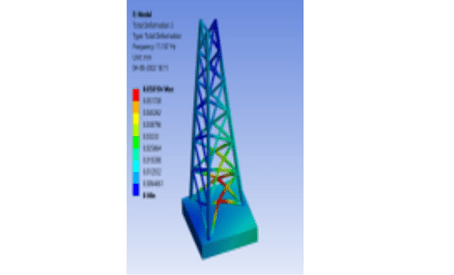
Linear Static
Key Features
- Applied loads and displacements are linear
- Obeys Hooke’s Law
- First level quick solutions
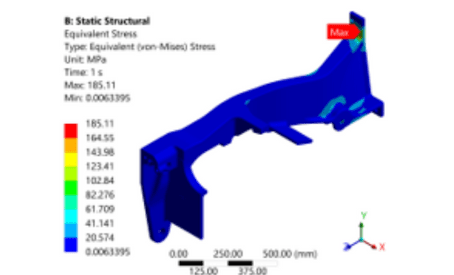
Nonlinear
Key Features
- Displacements and the loads have non-linear relation
- Includes material and geometric non-linearities
- Contact mechanism is essentially non-linear
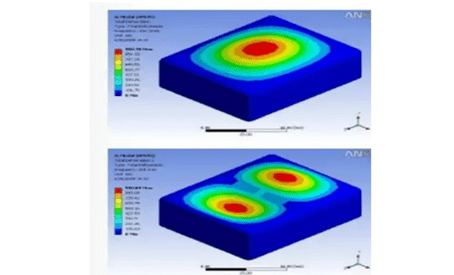
Harmonic & Transient
Key Features
- Response of a system under dynamic loads
- Frequency domain – Harmonic analysis
- Time domain – Transient analysis
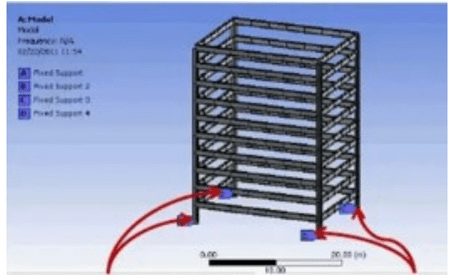
Spectrum Analysis
Key Features
- Response of structures under shock loads
- Earthquake effects on structures
- Aerodynamic loads and sea waves
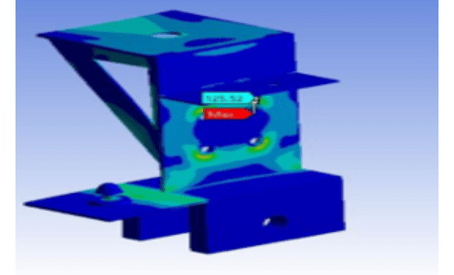
PSD -Random Vibration
Key Features
- Response of a structure under random loading
- Road load on automotive subsystem components
- Involves statistical methods for response calculations
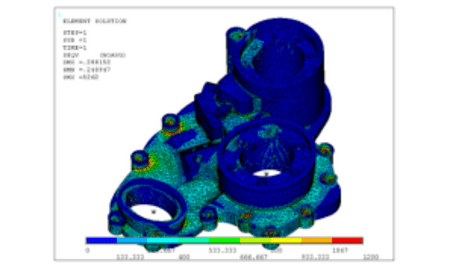
Durability
Key Features
- Structure under repeated loads
- Life prediction
- Fatigue damage assessment
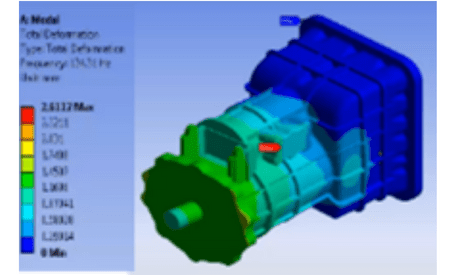
NVH
Key Features
- Quiet product development
- Sound Pressure calculations
- Government regulations

Drop and Impact
Key Features
- Explicit FEA simulations
- Automotive collisions
- Packaging assessment under drop test conditions
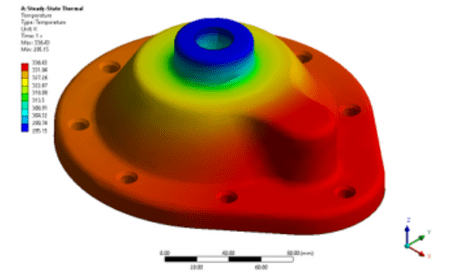
Thermal Distortion
Key Features
- Thermal expansion prediction
- Thermal stresses and strains
- Repeated thermal loading leading to low cycle fatigue
CFD –Computational Fluid Dynamics
We have access to modern CFD modeling software along with state of the art high performance computing infrastructure. With the help of this, we can help our customers solve complex steady state problems along with long duration transient simulations.
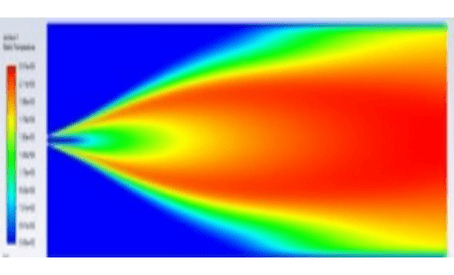
Incompressible and Compressible
Key Features
- Compressible gaseous flow
- Incompressible liquid flow
- Phase change
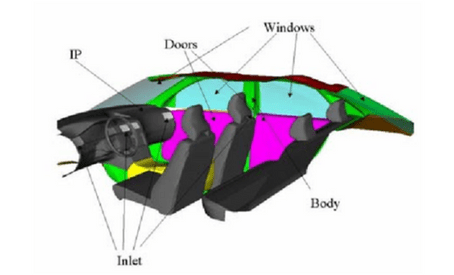
Steady State and Transient
Key Features
- Time independent flow – Steady state
- Flow varying with time – Transient
- Steady state flow simulation – Computationally economical
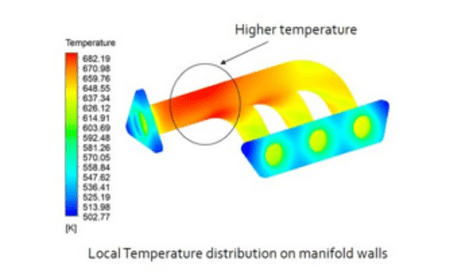
Conjugate Heat Transfer Analysis
Key Features
- Combination of convection, conduction and radiation modes
- Powertrain cooling
- Exhaust system cooling
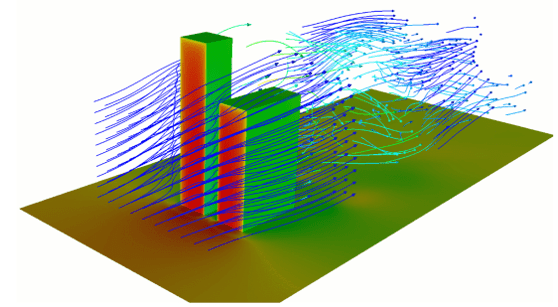
Wind Load Calculations
Key Features
- Communication and power transmission towers
- Solar power fields
- Automotive drag calculations
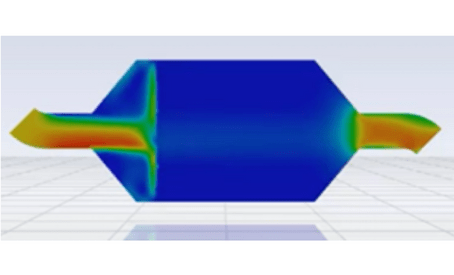
Porous Media Analysis
Key Features
- Exhaust systems
- HVAC
- Filters
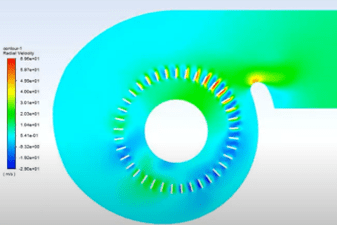
Moving Reference Frame – MRF
Key Features
- Turbomachinery
- Pumps
- Pharma and chemical mixers
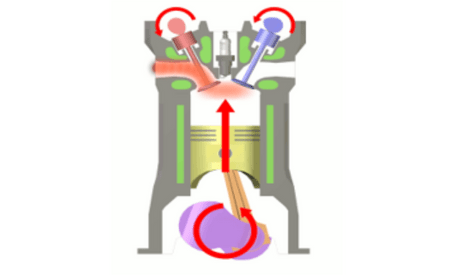
Moving Mesh Simulation
Key Features
- Adaptive mesh creation
- IC Engine combustion chamber simulation
- Dynamic flow through moving valve
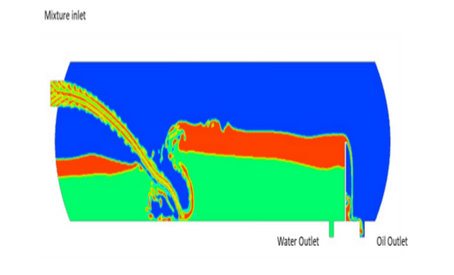
Multiphase Flow Simulation
Key Features
- Evaporators and condensers
- Chemical reactors
- Pneumatic conveyers
Electromagnetics FEA
Electrification and integration of telecommunication technologies are two trends that have changed the dynamics of every industry. This means that modern sensors, antennas, batteries, and drives are mainstream equipment in every industry.
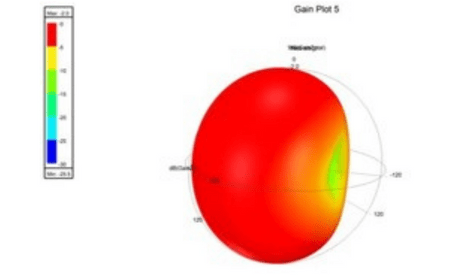
Antenna Design
Key Features
- Component design
- Antenna placement
- Co-site interference studies
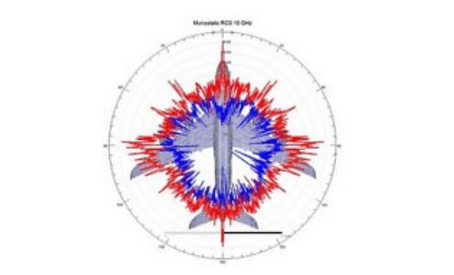
Radar Cross Section (RCS) Studies
Key Features
- Object detectability and stealth technology
- Signal wave absorption and reflection
- Aerospace and defence applications
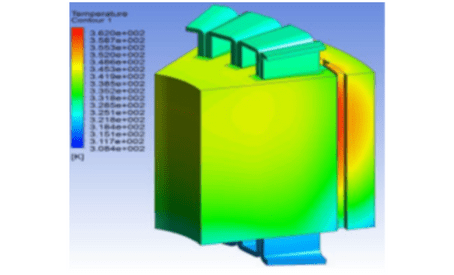
Motor Design and Optimization
Key Features
- Electromagnetic field
- Thermal
- NVH
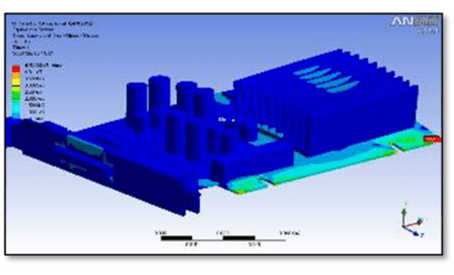
Power Electronics and PCB
Key Features
- Power, signal Integrity and EMI
- Currents and voltages
- Thermal management
Emerging Technologies
Our team has experience in FSI, thermo-mechanical, EM-Structural coupled simulations. We have specialty skills in DEM-CFD coupled simulations. These simulations can be accomplished using either one way or two-way coupled methodology depending on the exact nature of the physics.
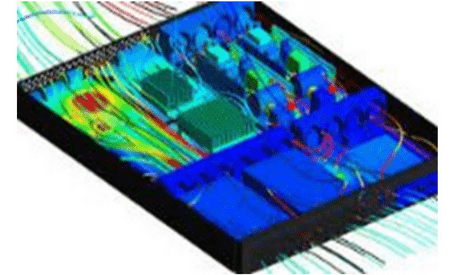
Multi-physics
Key Features
- Real world simulations require many physics interactions
- The interactions may be between structural, thermal, fluid, electromagnetics and other forces
- Real world multi-physics simulations will help to meet high quality targets
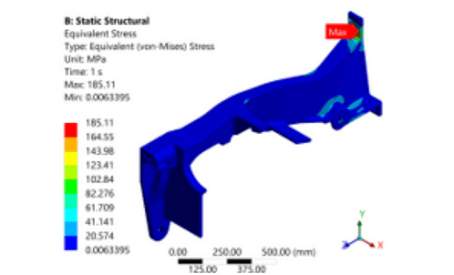
Simulation Driven Design
Key Features
- This is a process where CAE simulation is involved from the beginning of the product development
- Avoids multiple back and forth design verifications
- Drastically reduces the time taken for developing new products

Multibody Dynamics
Key Features
- Kinematic and dynamic motion of Linkages
- Visualize motion and predict forces
- Vehicle dynamics
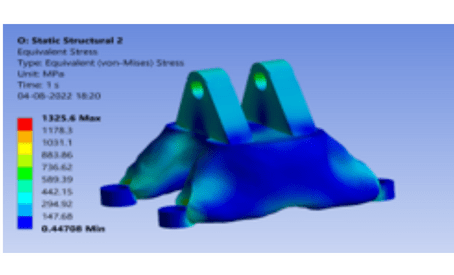
Light Weighting
Key Features
- Material saving leads to cost saving
- Greater energy efficient auto and aero applications
- EV – to compensate the added battery weight
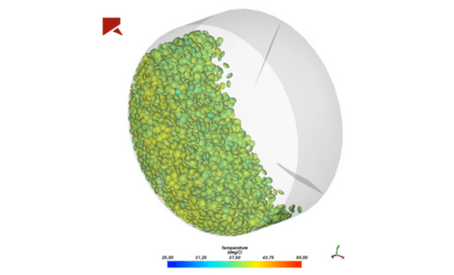
Particle Simulation-Discrete Element Method (DEM)
Key Features
- Real sized and real shaped particle movement simulation
- Realistic particle simulation for food, pharma and agricultural industries
- DEM – FEA integrated simulation
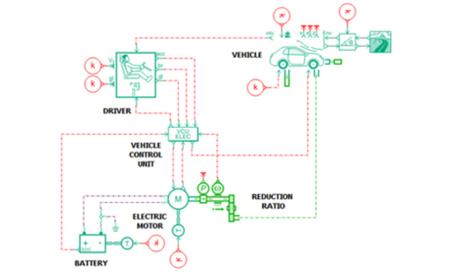
1D- Simulation
Key Features
- Performance prediction during concept development stage
- Complete system simulation
- Quick solutions even before making CAD models
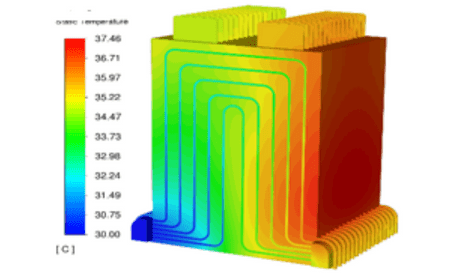
Reduced Order Modelling
Key Features
- Simplifications of high-fidelity complex models
- Economic and quick solutions
- Helps to optimize the product design process
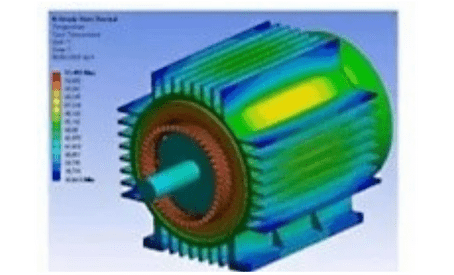
Digital Twin
Key Features
- Combination of machine learning analytics and physics based approach
- Realtime system analysis
- Useful for predictive maintenance

